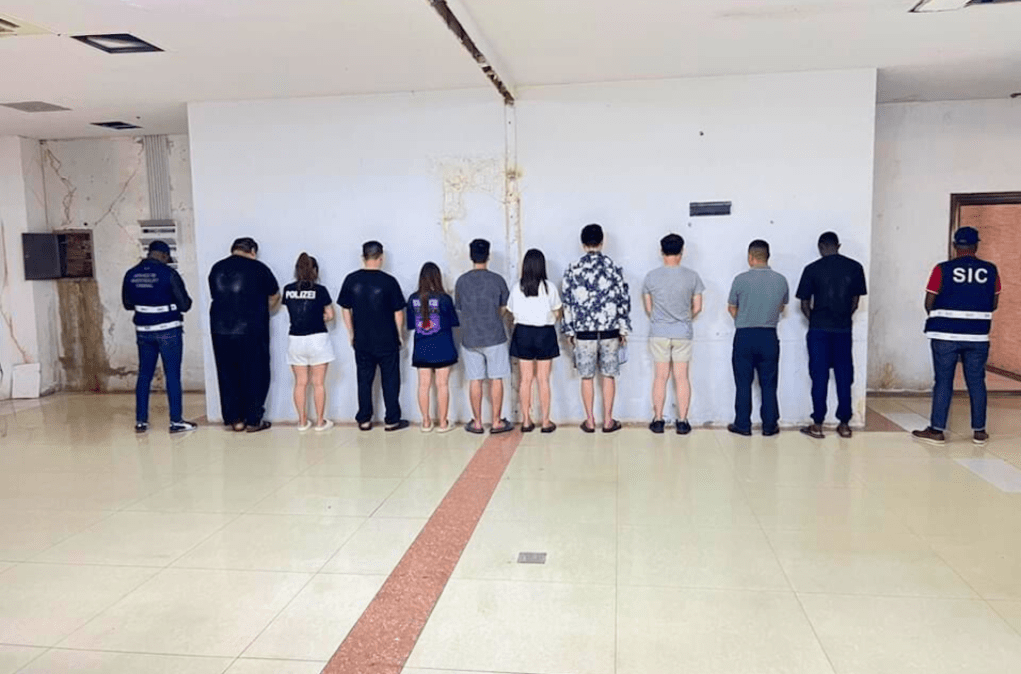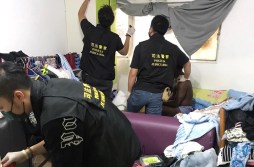African cybercrime crackdown nets more than 1,000 suspects

An international law enforcement operation has ensnared more than 1,000 cybercrime suspects in a crackdown that spanned 19 African countries over two months, Interpol and Afripol announced Tuesday.
Dubbed Operation Serengeti, it targeted a wide range of cybercrime activity, with the law enforcement agencies saying it linked the criminals to 35,000 victims and $193 million worth of losses. The crimes ranged from ransomware to business email compromise.
It’s the latest international operation to tackle cybercrime on the continent, following a pair of similarly wide-spanning operations nicknamed Africa Cyber Surge in 2022 and 2023. And there’s promise from participants of more to come.
“Through Serengeti, AFRIPOL has significantly enhanced support for law enforcement in African Union Member States,” ambassador Jalel Chelba, Afripol’s executive director, said in a news release. “We’ve facilitated key arrests and deepened insights into cybercrime trends. Our focus now includes emerging threats like AI-driven malware and advanced attack techniques.”
Said Valdecy Urquiza, secretary general of Interpol: “We know that this is just the tip of the iceberg, which is why we will continue targeting these criminal groups worldwide.”
Afripol is the African Union’s specialized police body that coordinates operations across nations there. The participating nations in the operation were Algeria, Angola, Benin, Cameroon, Côte d’Ivoire, Democratic Republic of the Congo, Gabon, Ghana, Kenya, Mauritius, Mozambique, Nigeria, Rwanda, Senegal, South Africa, Tanzania, Tunisia, Zambia and Zimbabwe.
Agencies in the United Kingdom and Germany, along with the Council on Europe, supplied funding.
Interpol in its announcement also touted cooperation from private sector organizations, including internet service providers, who “provided on-site support and offered round-the-clock remote assistance to patch vulnerabilities and secure critical infrastructure for the participating member countries.”
Cyber firms that helped in the operation were Cybercrime Atlas, Fortinet, Group-IB, Kaspersky, Team Cymru, Trend Micro and Uppsala Security.





